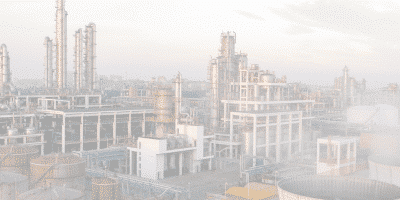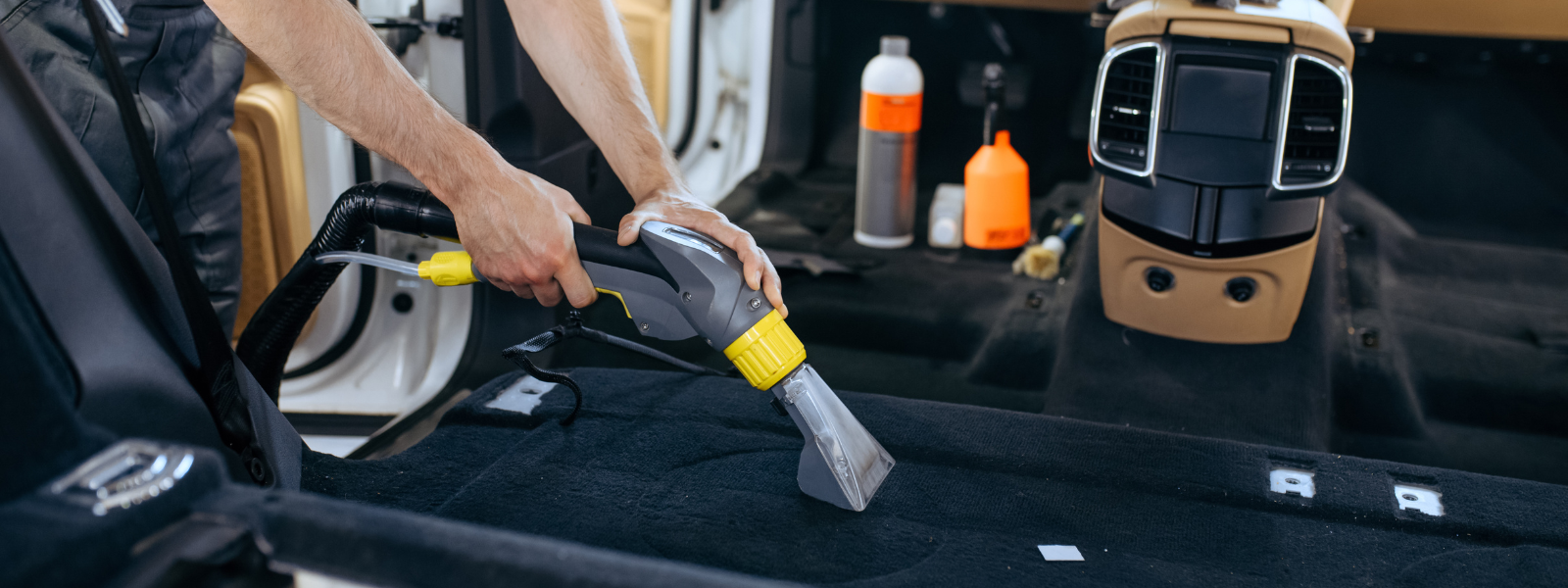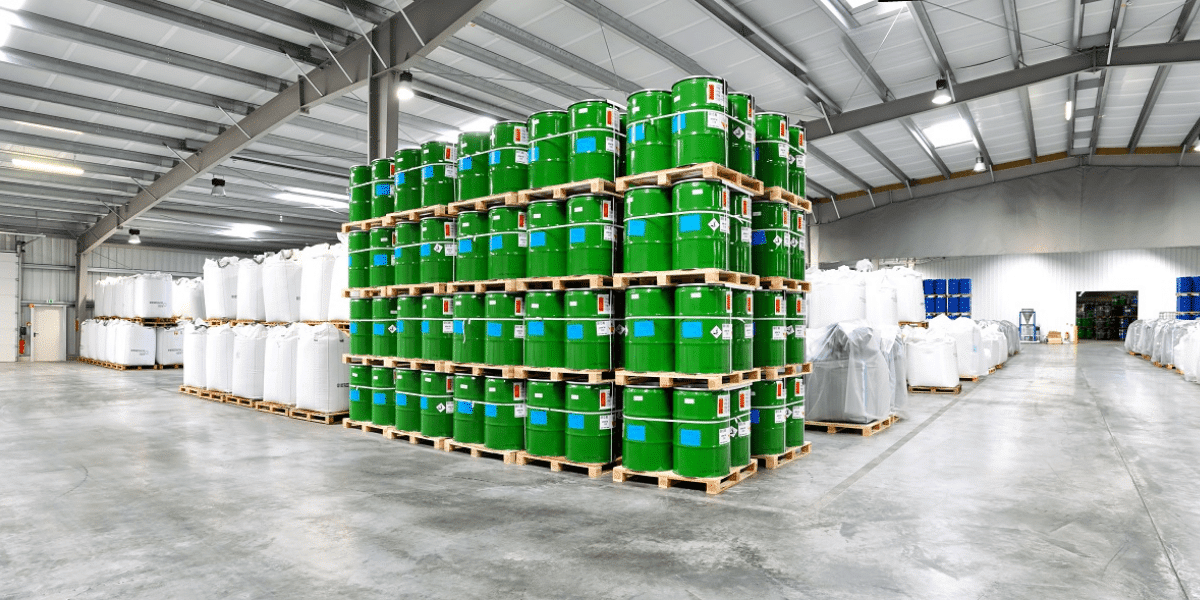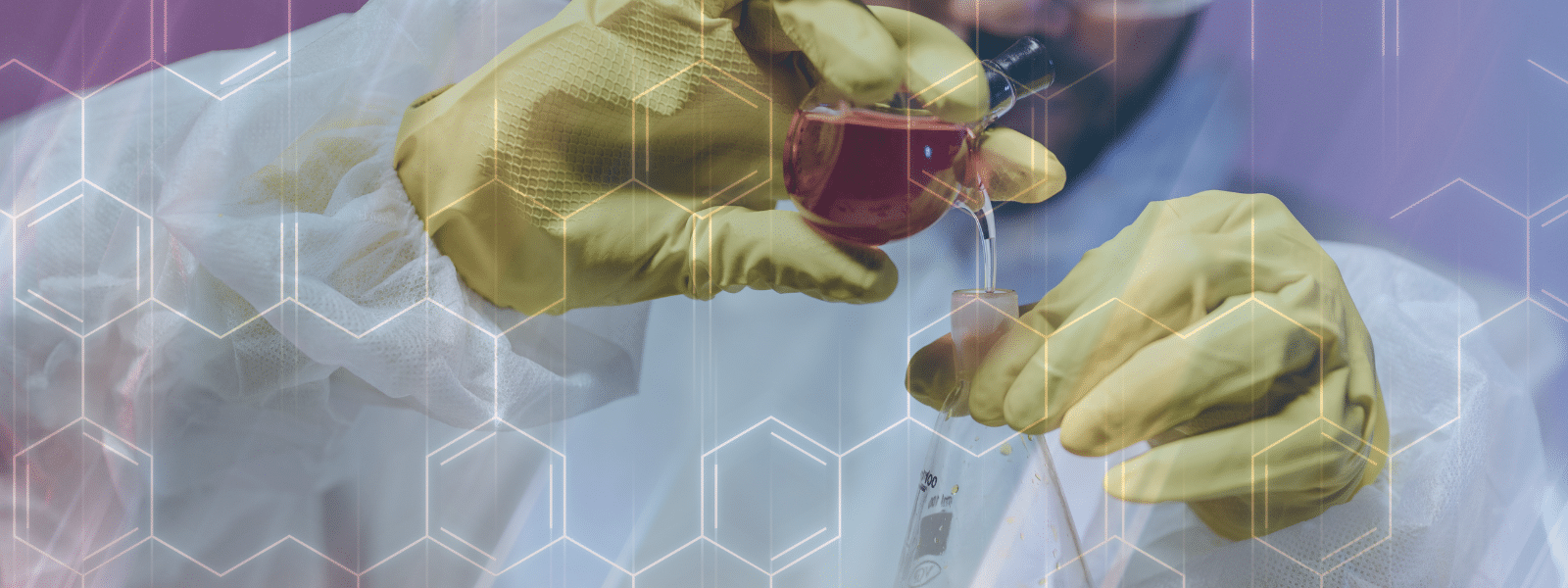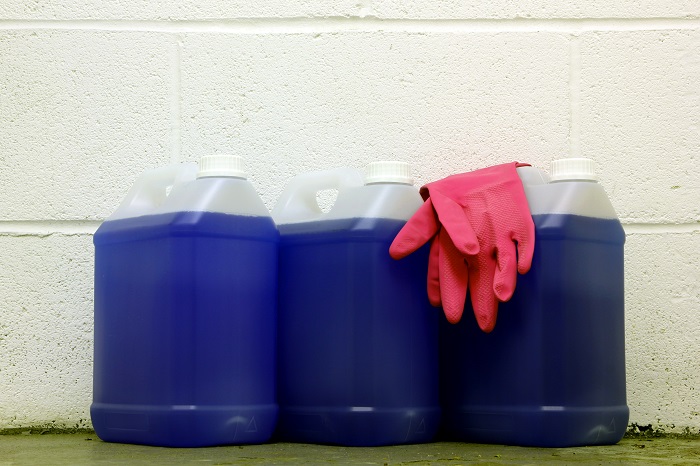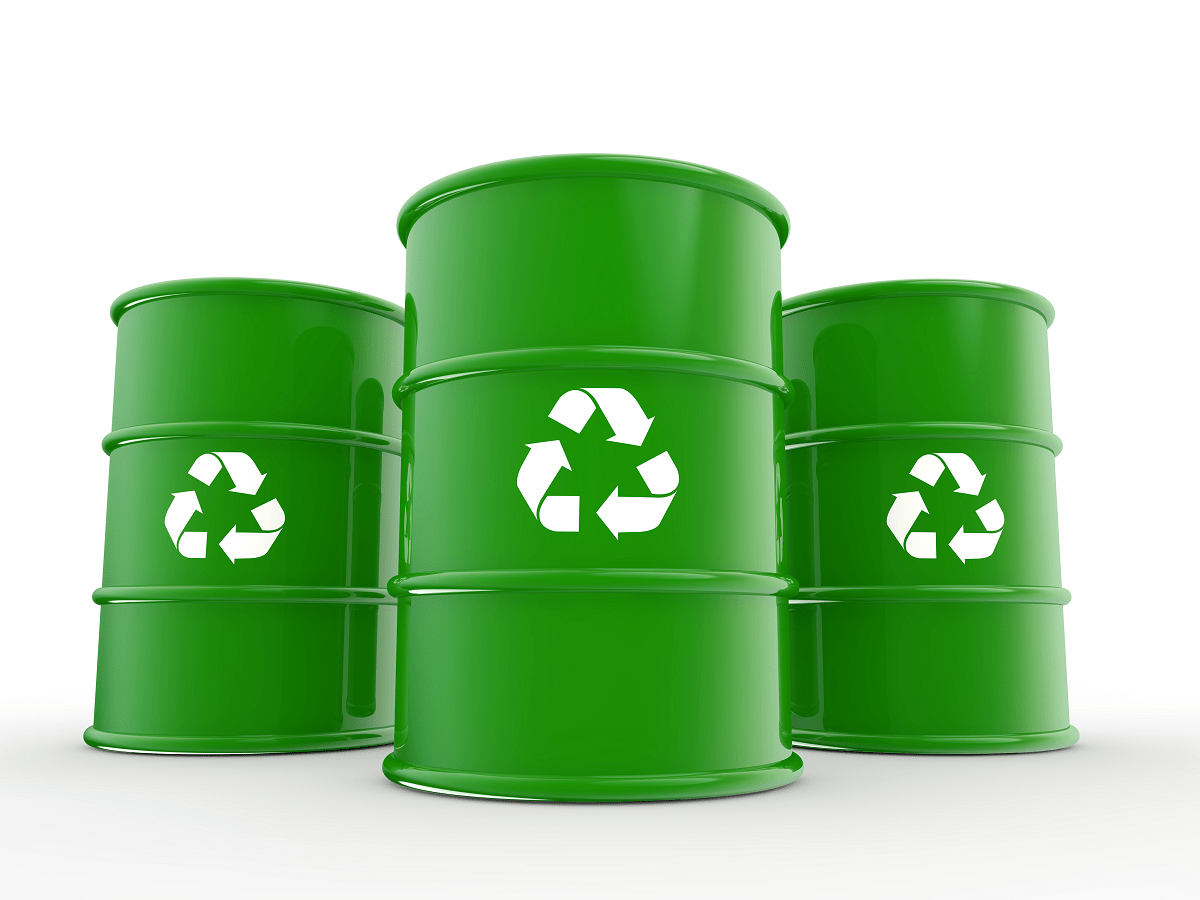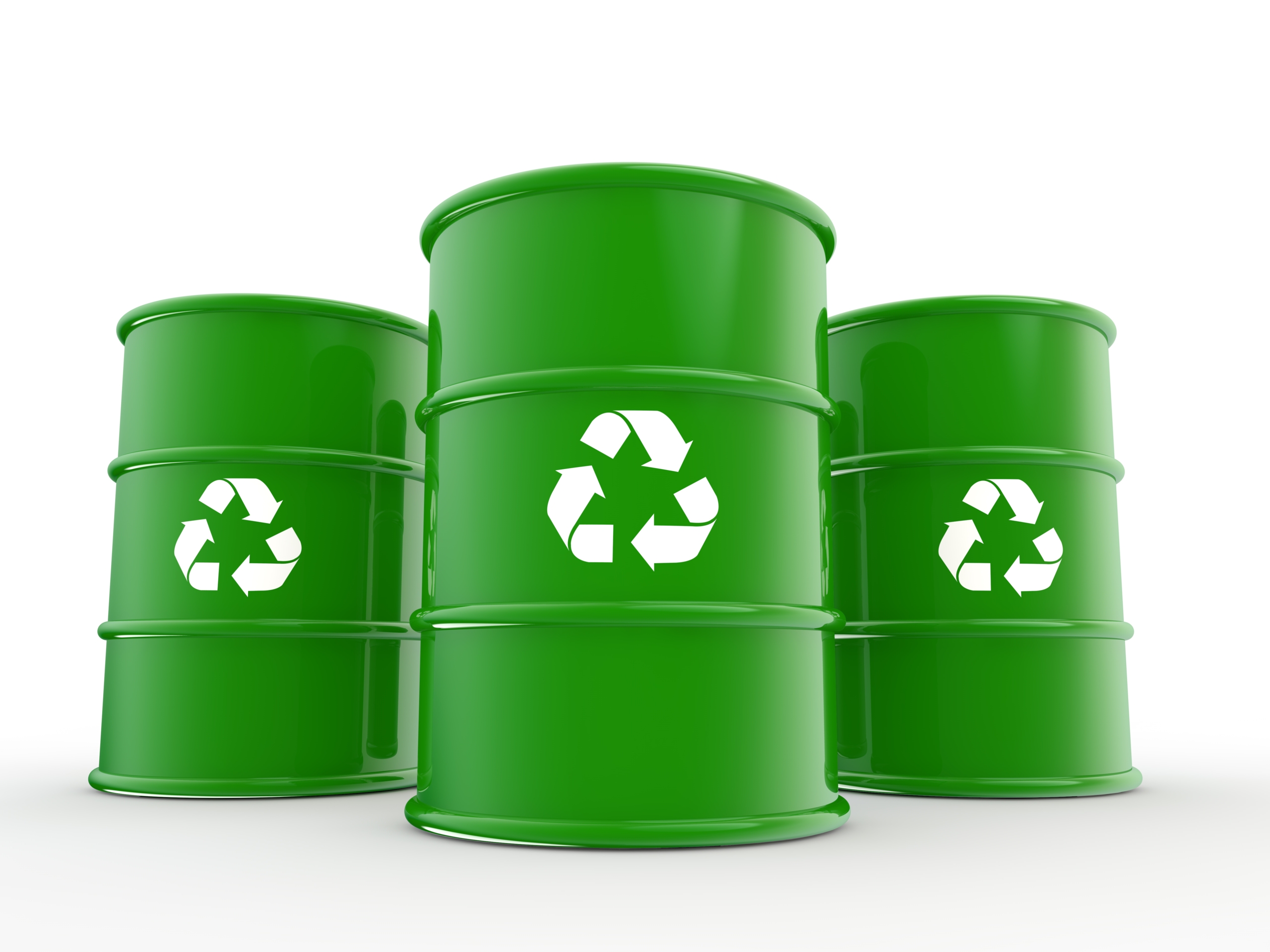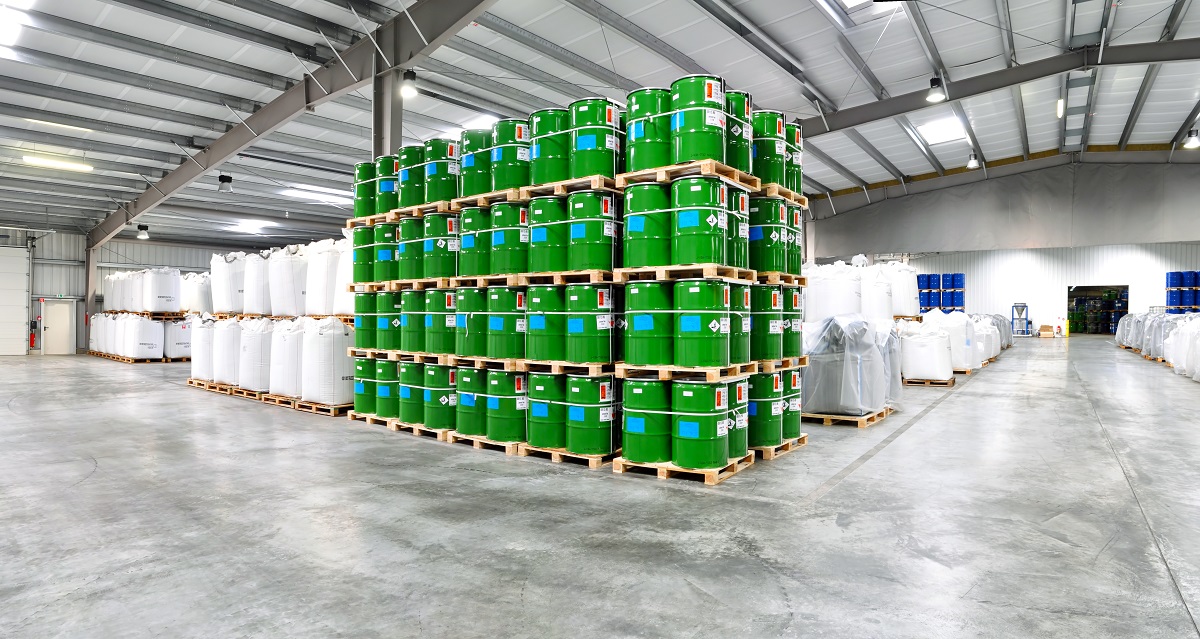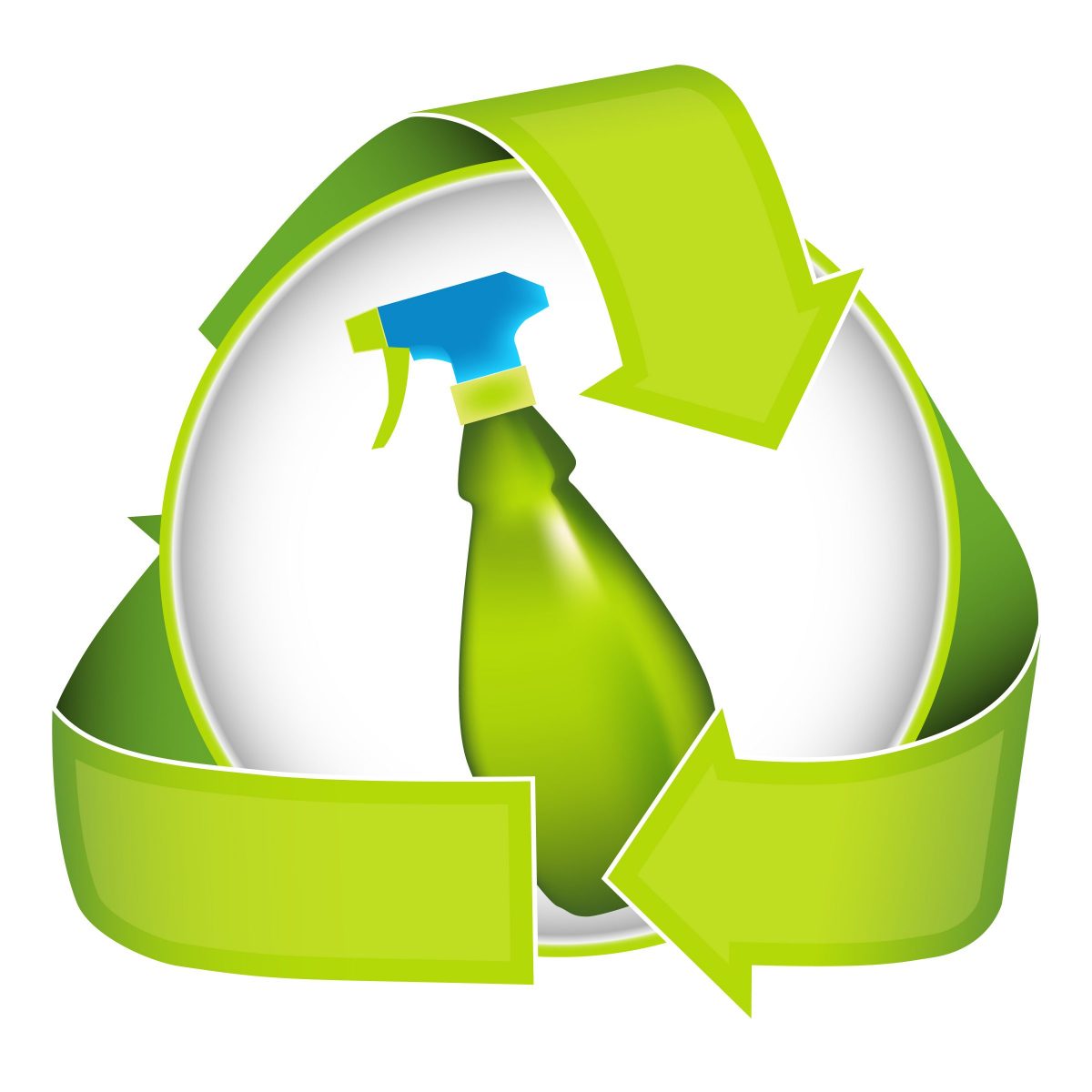There are thousands of cleaning solutions on the market. But how do you know which one is right for your business? In this blog post, we’re going to...
Blog


CHEMICAL INDUSTRY NEWS
Chemical Chat – Discover What’s New!
How to Use Paint Stripper: Tips and Techniques for Effective Stripping
Paint strippers or paint removers are chemical products that separate paint from surfaces. These chemical products are well-sought-after when...
Lead Paint Removal: Safe Practices and Industrial Solutions
Lead-based paint has been a topic of discussion for many years due to its negative effect on human health. These effects on human health can...
Low VOC Solvent: Environmentally Friendly Cleaning for Industries
Volatile organic compounds, or VOCs, are substances composed of carbon atoms that quickly evaporate. Some of these...
How to Use Paint Stripper: Tips and Techniques for Effective Stripping
Paint strippers or paint removers are chemical products that separate paint from surfaces. These chemical products are...
Company News
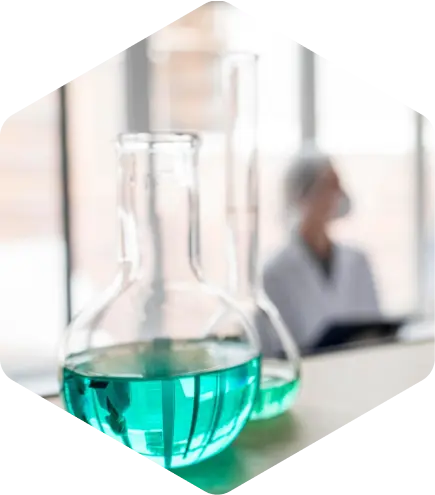
Managed Services
Discover the Latest in Safe and Sustainable Chemical Solutions
Stay informed with Ecolink’s blog! Subscribe now
Chemical Management Information
Stay updated with us
Sign Up for the Latest Updates
Stay informed about chemical supply chain disruptions and emerging innovations to keep your business at the forefront of efficiency and innovation. Uncover new ways to make your business practices more sustainable by incorporating safer products into your cleaning lineup.



